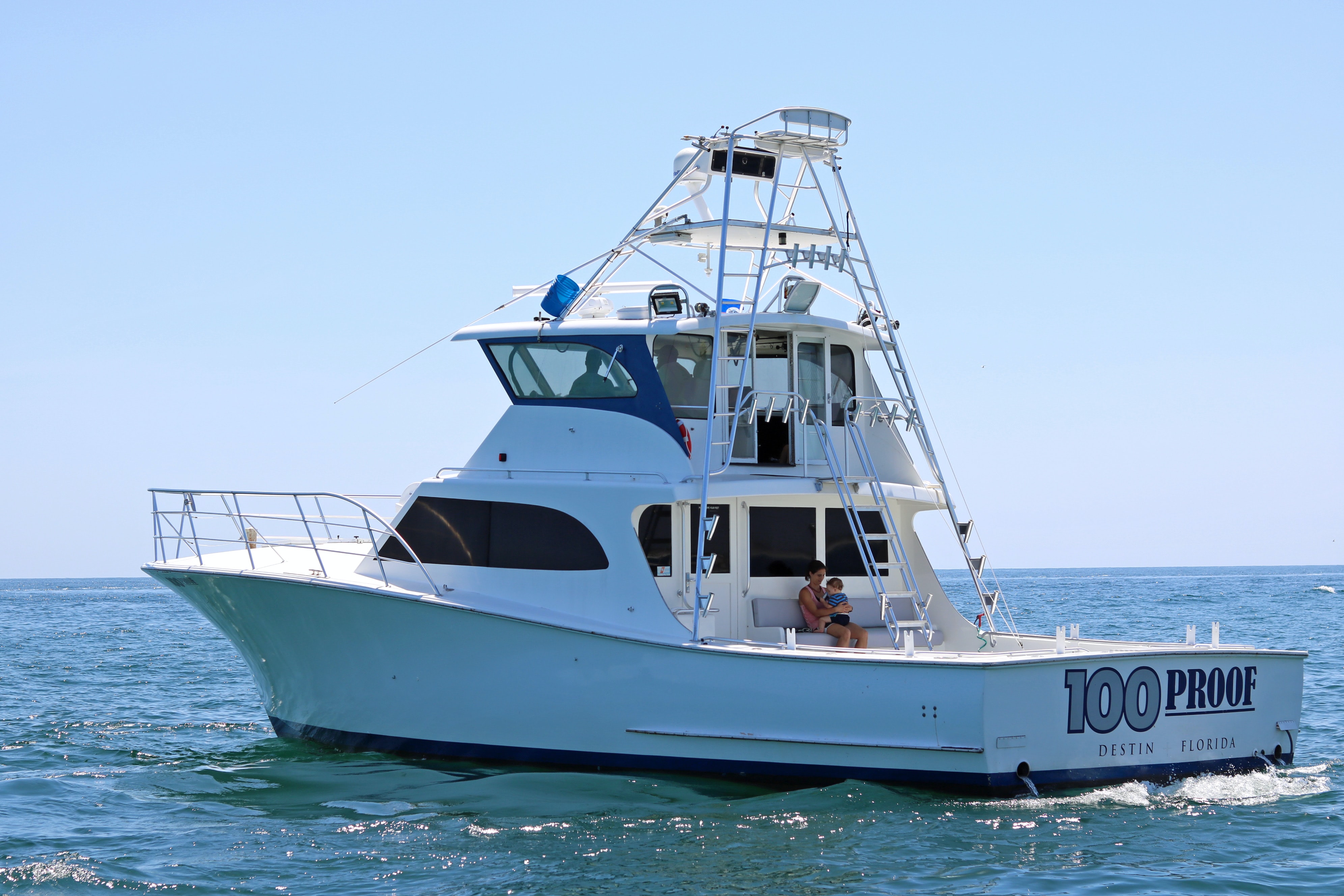Insurance can be complicated. Many boaters may not take the time to pour over every sentence in their policies, but having some basic knowledge of various coverages and protections can go a long way.
We hope this article clears up some of the misconceptions and confusions prevalent in the world of insurance.
1. You can’t add coverage for something that already happened
There comes a point when it’s too late to add coverage for something that has already occurred.
- Example: if a hurricane hits and your boat needs repairs, your insurance policy may only cover the damages sustained if you already had named storm coverage in place when the hurricane happened. The same goes for other types of damage and costly expenses - such as fire, theft, and collision. These are all things that need to be addressed beforehand. If you add it the day after the incident occurs, it won’t be covered.
With that – it’s important to add coverage for future disasters. Here are some common options that will provide you with thorough protection.
-
Uninsured Boater Coverage: coverage for damage to your craft caused by another boater who is uninsured.
-
Property Damage Liability: this will help you pay for the cost of repairs if you are at fault for property damage to a third party.
-
Personal Property and Equipment Coverage: this type of coverage can protect against an accidental loss or damage to your covered personal property aboard the watercraft.
-
Medical Payments Coverage: provides protection for guests injured while on, boarding, or leaving your boat, regardless of fault.
-
Environmental Coverage: coverage for cleanup costs from accidental fuel spills and more.
-
Named Storm Coverage: protection for damage caused by a tropical depression, storm, or hurricane named by the National Weather Service.
-
Hurricane Haul-Out Coverage: Pays for a portion of the cost to have a boat hauled and secured before a storm.
» MORE: What Does Boat Insurance Cover?
2. Sufficient Liability Insurance
It’s easy to focus on buying enough coverage for your watercraft, but it’s also vitally important to obtain liability insurance. The liability coverage in your policy will help pay for the injuries and property damage that you cause to others.
Example: If someone is seriously injured and you’re at fault, the legal fees and medical bills to follow could cost a pretty penny - to say the least. You don’t want to be legally responsible for the resulting costs. That’s where liability insurance comes into the equation – it can protect you from these types of expenses.
» MORE: A Breakdown on Liability Coverage
To protect yourself financially, get sufficient liability insurance. If you cause an accident or someone is injured on your property, your boat insurance policy can provide financial protection against that personal liability, as well as other perils associated with owning and operating a watercraft. In most states, this type of coverage is not required; however, many marinas will require a minimum amount of liability insurance.
3. Don’t let your policy lapse
There are several reasons you may choose not to renew your policy - maybe you’re experiencing financial trouble or are looking to sell the watercraft. But this gap in coverage could cost you.
You always want to remain protected with quality boat insurance coverage, no matter the circumstance. Leaving yourself without that coverage could wind up costing more in the long run.
- Example: You plan to sell your jet ski and have a few interested buyers. Since it looks like it’s going to sell easily, you decide to cancel your policy. But, in the meantime, your vessel is stolen and you’re now left without theft coverage. You are now responsible for that total loss without the possibility of coverage by your previous insurer.
Don’t let your policy lapse; maintain coverage for as long as you own the craft.
4. Insurance doesn’t cover everything
A single boat insurance policy can provide financial protection against accidents, theft, natural disasters, personal liability, and more. However, there are still certain things your boat insurance policy cannot cover.
Example: Most insurance policies do not have natural wear and tear. This means a policy may not pay for an aging outboard or rusted trailer. These things require regular maintenance and care to ensure lasting use.
» MORE: Boat Trailer Maintenance Tips
Here are some common items a boat insurance policy may exclude:
-
Wear and tear
-
Neglect
-
Intentional damage
-
Infestation from inspects, mold, or animals
-
Machine deterioration
-
Lack of maintenance
-
Mechanical or production defects
-
Boating beyond navigation limits
5. Your insurer is here to help
Your insurance company wants to protect you against all the covered risks and perils that you face. Your policy is all about providing you with financial security and protecting your investment. If you’re confused by those policy details, reach out to your insurer instead of searching on Google for endless hours.
We’re here to walk you through the process, further explain anything that may seem confusing - and ultimately help you feel confident that you’re getting the financial protection you need. So, when life gets busy and you have a million things going on, you don’t have to worry about your insurance coverage. You can rest assured knowing we’re doing our job to keep you protected.

